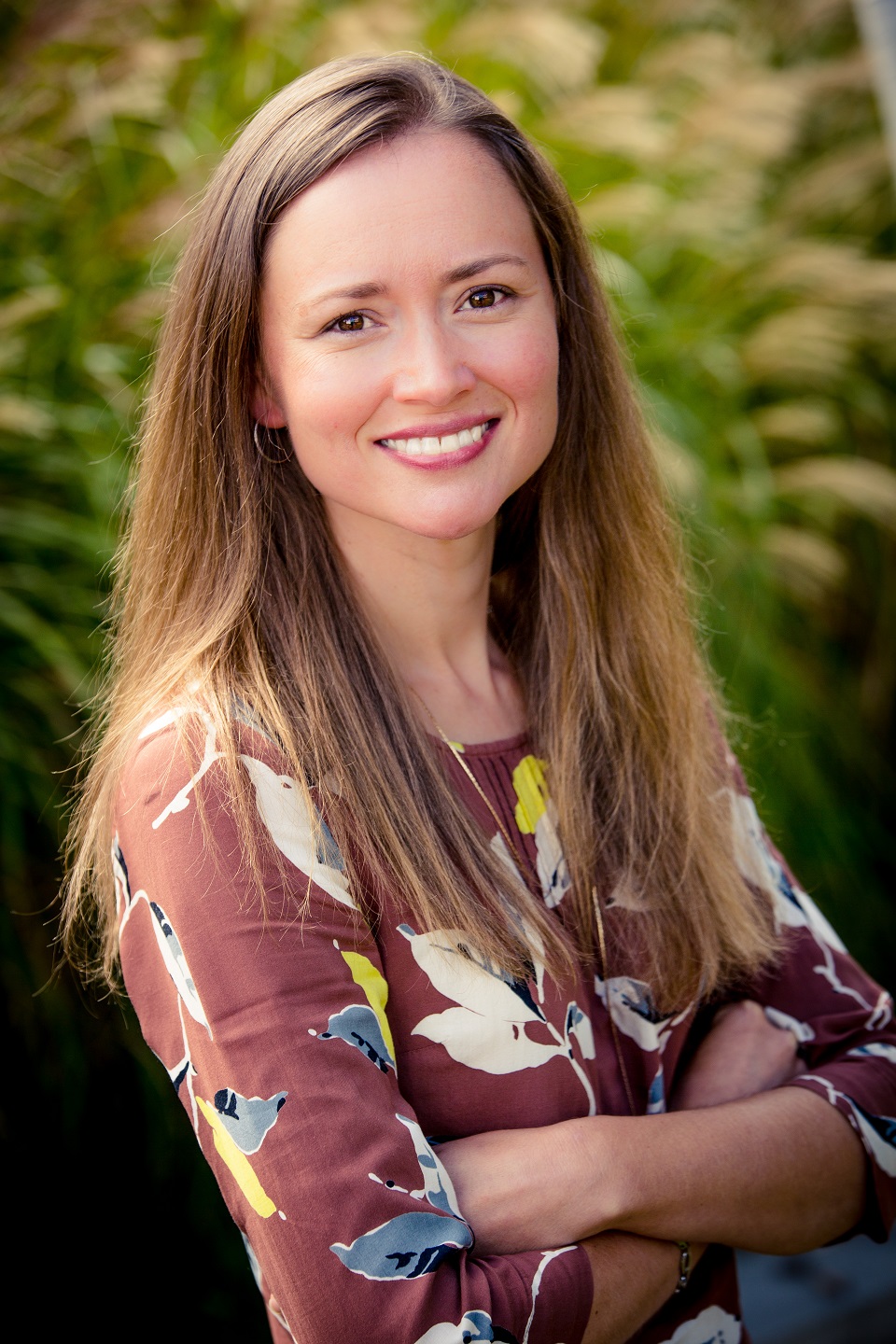Symposia
Couples / Close Relationships
2 - (SYM 112) Understanding the Course of Jealousy Both Within and Between Romantic Relationships

Mikhila Wildey, Ph.D. (she/her/hers)
Associate Professor
Grand Valley State University
Allendale, Michigan- KK
Kayla Knopp, Ph.D.
Research Psychologist
VA San Diego Healthcare System/University of California, San Diego
San Diego, California - SS
Scott Stanley, PhD
Research Professor
University of Denver
Denver, Colorado 
Galena Rhoades, Ph.D. (she/her/hers)
Research Professor
University of Denver
Denver, Colorado
Speaker(s)
Co-author(s)
Romantic jealousy, which involves thoughts and feelings arising from the fear of losing one’s partner, has been found to be problematic in romantic relationships, particularly when it occurs at high levels (e.g., Dandurand & Lafontaine, 2014). Existing work on romantic jealousy has primarily focused on how it is related to other aspects of the romantic relationship like self-esteem, attachment style, and relationship satisfaction. Surprisingly, there is no work that has examined how jealousy may change over time within a romantic relationship, and whether an individual’s jealousy changes between different romantic relationships. The current study examined how jealousy may change over time both within and between romantic relationships in a sample of 891 individuals who were followed in their romantic relationships over roughly 5 years (i.e., every 4-6 months for 11 time points). Multilevel modeling was used to examine whether jealousy changed over time, whether jealousy varied between persons, and whether jealousy varied between relationships for the same person. Jealousy was also examined in relation to individual-level characteristics (i.e., neuroticism, and attachment anxiety) and dyadic adjustment. Results indicated first that jealousy is relatively stable over time. However, jealousy was found to vary person to person, and a larger proportion of variance in jealousy is explained between different relationships for the same person. That is, jealousy levels may change for individuals as they transition to different romantic relationships. In addition to these findings, individuals higher in neuroticism and attachment anxiety had higher initial levels of jealousy, and after controlling for neuroticism and attachment anxiety, jealousy remained significantly and negatively associated with dyadic adjustment. Implications of these findings will be discussed.

